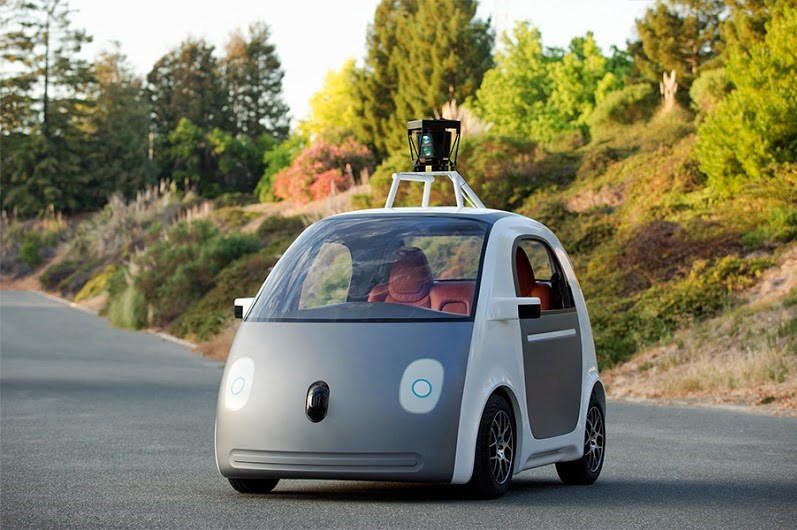Affiliate links on Android Authority may earn us a commission. Learn more.
(Update: Google not involved) Virginia to allow testing of self-driving cars

Update:
The team at HERE have been in touch to let us know that Google is actually not involved in the trials. The introduction of the autonomous highways is a partnership between HERE and the Virginia Tech Transportation Institute and seeks to revolutionise the testing and deployment of automated vehicles.
The Virginia Automated Corridors cover more than 70 miles of highways, roads and streets and were selected as they represent the variety of traffic and driving conditions found across the United States.
Cathy McGhee, associate director of research at Virginia Department of Transportation, said:
“Most testing of automated vehicles until now has been done under ideal conditions. By opening up our normal roads, car makers can understand how their self-driving vehicles will operate when things aren’t quite so perfect.”
For more on the partnership, head over to HERE 360. Original story below.
Original Story (Title: Google to test self-driving cars on congested Virginia highways)
Google is to being testing its self-driving cars – also known as autonomous vehicles – on the highways of Virginia according to a new report, which suggested the testing will take place across more than 70 miles of highways adjacent to Dulles International Airport in Northern Virginia.
According to the Richmond Times Dispatch:
The research will be overseen by the Virginia Tech Transportation Institute on portions of Interstates 95, 495 and 66 as well as on U.S. 29 and U.S. 50 that are being dubbed Virginia Automated Corridors.Test tracks at the institute’s Smart Road in Montgomery County and the Virginia International Raceway in Halifax County will be used to certify technology as safe before the cars are allowed on the highway.
Virginia will join other states such as California, Michigan, Florida, Nevada and Washington D.C. as states that currently allow testing of computer-driven vehicles but will look to make it easier than other states have for manufacturers to test their autonomous technologies. Myra Blanco, director of the Virginia Tech Transportation Institute’s Center for Automated Vehicle Systems, said:
“Other states are saying you need to prove that independently you can do all this testing. What we are trying to do is show them how to do the testing and how to facilitate the process as well.”“I think this is going to help us advance the technology and even more important, to attract companies and satellite offices in the Northern Virginia area to develop these new concepts.”
The congested highways of Northern Virginia will provide the sternest test so far for Google’s autonomous fleet but will provide an indication of just how good self-driving cars are on busy streets. Part of the challenge facing Google – and other autonomous vehicle manufacturers – is the ability to adjust to constantly updating information, including traffic jams, construction and incidents.
[related_videos align=”center” type=”custom” videos=”579532,398246,533406″]
Blanco said that she expects self-driving cars to have a large impact on daily life and provide solutions to problems such as mobility for the elderly or disabled and assisting drivers (and even taking control) in dangerous situations.
“It’s potentially similar to when we started with revolutionary technology like the cellphone. We’re not even able to imagine all the benefits 10 to 20 years from now.”
When will self-driving cars actually be available to buy? One of Google’s Project Leads said he expected them to be available within five years but Google also said the same thing back in 2012. However long it takes, you’ll soon be able to sit back and relax while your car drives you.